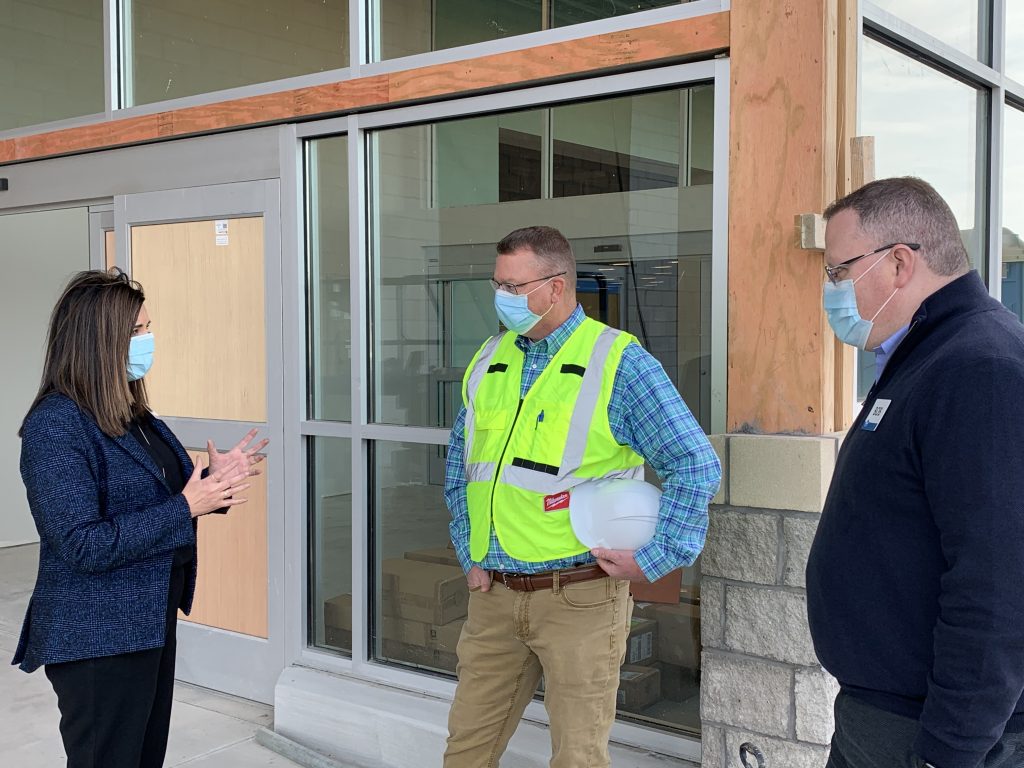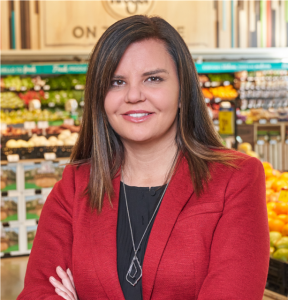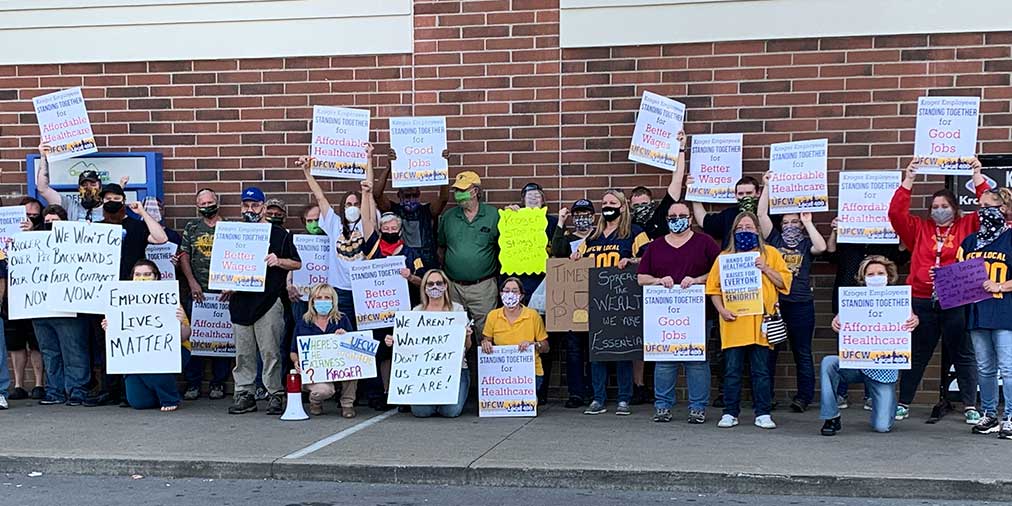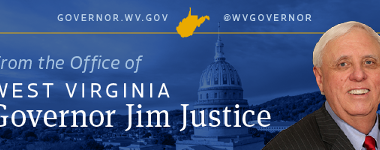By Don Smith, WV Press
CHARLESTON, W.Va. — Shoppers headed to Kroger stores in West Virginia this holiday season need to wear a mask, expect to wait in line at busy times and watch for progress on a labor contract.
Kroger and United Food and Commercial Workers Local 400 are trying to reach an agreement on a new three-year contract for the grocery company’s 40 West Virginia operations.
Friday, union members voted overwhelmingly to reject Kroger’s contract proposal and to authorize a strike. Members voted 1,551-130 to reject Kroger’s offer and 1,490-199 to approve a strike.
However, both union and company officials stress the vote does not signal the start of a strike.

Jonathan Williams, communications director for UFCW Local 400, issued the following statement on Friday:
“We are not on strike as of yet, and we are looking forward to returning to the bargaining table to negotiate a fair deal. But today our members sent a message loud and clear to the company that we will not accept an offer that jeopardizes health care benefits.”
Kroger also issued an official statement on Friday following the union’s announcement: “We are disappointed that our Comprehensive Best Offer to Settle was not accepted. We remain committed to reaching an agreement. We have told union leaders we remain ready and willing to meet in additional negotiations sessions to see how we might resolve any outstanding issues.”
Shoppers should see no immediate change at the grocery store.
“It’s business as usual at Kroger. Associates are continuing to report to work as scheduled. A strike authorization doesn’t mean a strike. At this point, the union has not called for a work stoppage. Our focus remains on our associates and recognizing and rewarding them for their hard work,” the statement said.
On Wednesday and Thursday, Paula Ginnett, president of Kroger’s Mid-Atlantic division, was in West Virginia visiting store locations and discussing the company’s contract offer with employees.
“A strike isn’t good for anyone: Not for our customers, not for Kroger and not for associates who lose their paychecks during that time period,” said Ginnett.
While the contract wasn’t approved on Friday, Ginnett expects her visit to help in the long-term.

“The associates have been very positive throughout the process as we shared information and tried answering questions. Talking openly about any concerns has been very well received,” said Ginnett.
Speaking before the vote, Ginnett expressed hope that the contract proposal would be approved; however, she said Kroger will continue working to get a contract in either case.
“We will make every effort, obviously, to continue to negotiation. We don’t want a strike, and we don’t think our associates want a strike” said Ginnett.
Ginnett said Kroger’s contract offer includes $20 million in wage adjusts She said there would be immediate salary increases and up to a $4.65 increase over the three years of the contract. The contract allows the company to stabilize health care benefits and calls for no health care cost increases until 2022, she said.
Union officials said health care benefits are a big issue.
“… Kroger’s proposal would place a limit on the amount of money the company is required to pay to fund health care benefits. According to the experts, as early as 14 months from now, this cap could be exceeded and several things could happen, including increases to weekly contributions; health care coverage being slashed; higher deductibles, copays, and out-of-pocket costs; increased prescription drug costs; and eligibility for benefits, changing making some workers no longer eligible for health care.”
“After months of working on the frontlines of a global pandemic, after being rightly called ‘heroes’ for our service, and after Kroger has made record profits while other businesses have suffered or closed, this is no time for Kroger to be cutting our benefits. We deserve to be rewarded, not punished, for our hard work,” said the union statement.
In typical 2020 style, the vote count was shared on Zoom, giving union members the chance to watch the count and avoid COVID exposure.
Kroger has invested $830 million in COVID protection measures and employee “heroes pay” during the pandemic, said Ginnett, adding that additional investments are being made to make stores safer for employees and shoppers during the holiday shopping season.
Kroger requires shoppers and associates to wear masks and limits the number of shoppers allowed in the store at one time.
During her time in West Virginia, Ginnett also visited two Kroger sites — Scott Depot and Clarksburg — that are getting new, expanded facilities that will allow for drive-thru pharmacies and e-commerce growth.
Bloomberg Technology reported Kroger’s digital sales were up 127 percent in one quarter. In an interview with Bloomberg, Kroger CEO Rodney McMullen said the company is focused on what the customers want; he said digital shopping and allowing customers to order and pick up groceries are areas of customer demand.
Despite the ongoing contract question, Kroger recently held a virtual job fair and hired an 500 additional associates for Kroger’s Mid-Atlantic division for the holidays.
Kroger has been in West Virginia since 1927 and has 40 stores with about 4,200 associates, Ginnett said.






